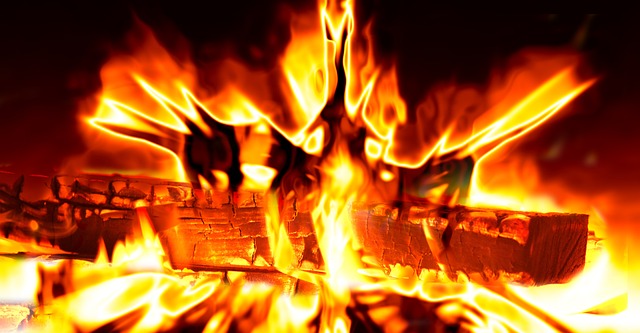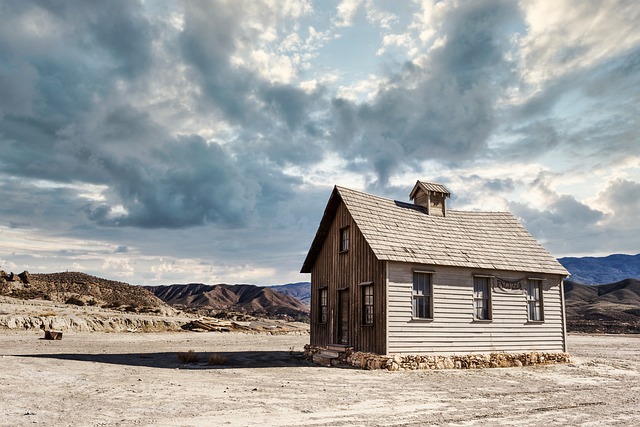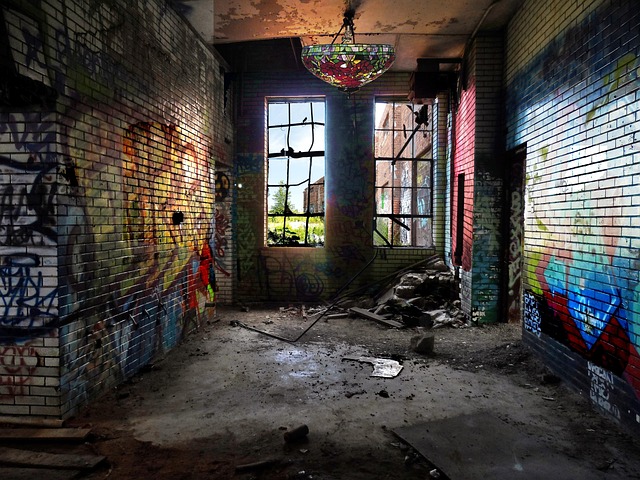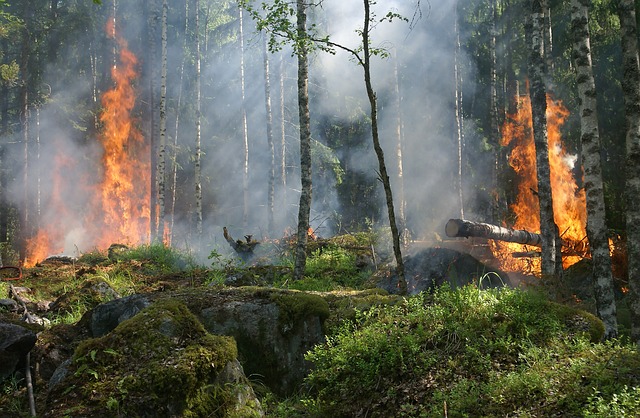Selling a fire-damaged house in Chicago presents a unique market opportunity for both investors and buyers, with discounted prices attracting those looking to renovate or flip. Buyers should conduct thorough inspections to gauge damage and required repairs, while sellers may need creative marketing strategies and flexible terms to attract purchasers. The process is governed by stringent legal and regulatory environment, emphasizing transparency and safety. Engaging specialized real estate agents and focusing on the property's redevelopment potential are key steps for successful sales.
“Uncover the intriguing world of distressed property sales in Illinois, with a specific focus on Chicago’s fire-damaged homes. This comprehensive guide explores the unique market segment, delving into the legal and regulatory framework that governs the sale of these properties. From understanding the process to implementing successful strategies, we provide valuable insights for those seeking to navigate this niche market. Whether you’re an investor or a buyer, mastering the art of selling fire-damaged houses in Chicago can yield substantial rewards.”
- Understanding Distressed Property Sales in Illinois
- Chicago's Fire Damaged Homes: A Unique Market Segment
- The Legal and Regulatory Framework for Selling Fire-Damaged Properties
- Strategies for Successful Sale of Fire-Damaged Houses in Chicago
Understanding Distressed Property Sales in Illinois
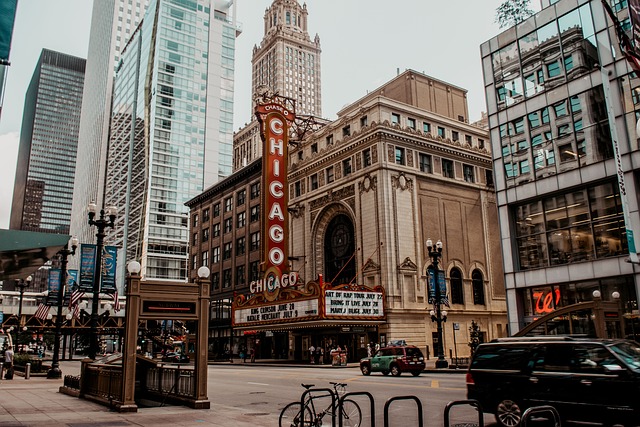
Distressed property sales, such as the selling of a fire-damaged house in Chicago, are transactions involving real estate that have undergone significant deterioration or damage. These properties often present unique challenges for both buyers and sellers due to their condition. In Illinois, including major cities like Chicago, distressed homes can include those affected by natural disasters (like fires), neglect, foreclosure, or other financial hardships.
Understanding these sales is crucial for navigating the real estate market in Illinois. Buyers looking for a selling fire damaged house in Chicago, for instance, should thoroughly inspect the property to assess the extent of damage and necessary repairs. Sellers, on the other hand, might need to consider creative marketing strategies and flexible terms to attract buyers interested in distressed properties, which can be a cost-effective option for those seeking to enter the real estate market or invest in renovation projects.
Chicago's Fire Damaged Homes: A Unique Market Segment
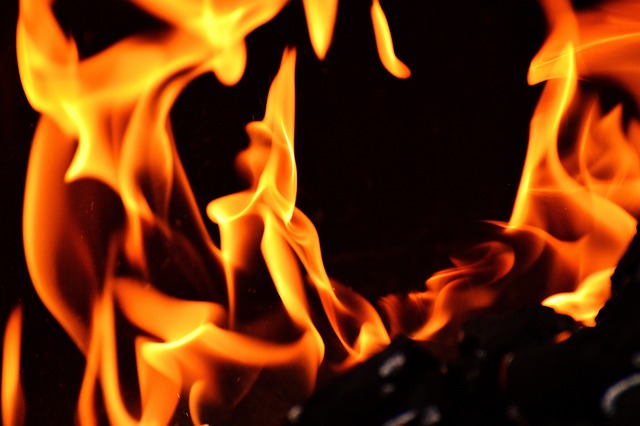
In Chicago, a unique segment of the real estate market involves selling fire-damaged homes. These properties, often left in disarray after blazes, present both challenges and opportunities for buyers and sellers alike. Fire-damaged houses can be acquired at discounted prices, making them attractive to investors looking to renovate or flip properties. However, the process is not without complexities; extensive repairs are typically required to restore these homes to livable conditions.
Chicago’s fire-damaged homes offer a distinct buying experience. Prospective purchasers must carefully assess the extent of the damage and plan for significant renovation costs. Yet, with proper investment and expertise, these properties can be transformed into beautiful, functional residences. The market for selling fire-damaged houses in Chicago reflects a blend of resilience and opportunity, where dedicated buyers can acquire unique real estate at competitive prices while contributing to the revitalization of communities affected by fires.
The Legal and Regulatory Framework for Selling Fire-Damaged Properties
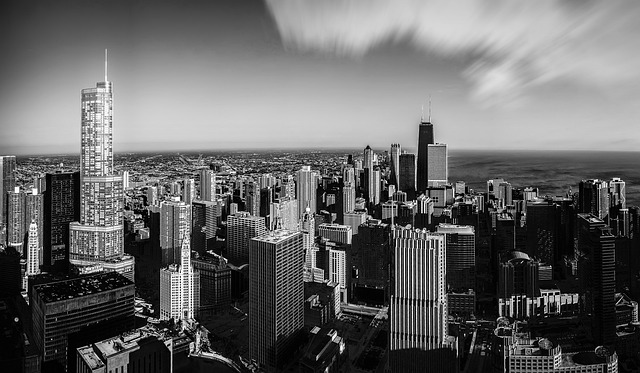
In Illinois, including Chicago, the sale of fire-damaged properties is governed by a comprehensive legal and regulatory framework designed to protect buyers, sellers, and the community. The process involves several key steps and considerations. First, it’s crucial to understand that fire damage falls under the broader category of “peril” insurance claims, meaning insurance companies play a significant role in facilitating the sale. Sellers must disclose any known damage caused by fire to potential buyers, providing transparent information about the property’s condition. This transparency is mandated by state laws aimed at preventing fraud and ensuring informed decision-making.
The regulatory framework includes strict guidelines for inspecting and repairing fire-damaged properties. Buyers have the right to conduct independent inspections to assess the extent of damage and the feasibility of repair. If repairs are deemed unaffordable or impractical, buyers may terminate the sale. In such cases, insurance companies step in to settle any outstanding claims or provide compensation for the remaining damages. The process is meticulously designed to ensure fairness and protect the rights of all parties involved, especially when selling a fire-damaged house in Chicago.
Strategies for Successful Sale of Fire-Damaged Houses in Chicago

Selling a fire-damaged house in Chicago requires a strategic approach to overcome the challenges posed by structural damage and potential health hazards. The first step is to conduct a thorough inspection to assess the extent of the damage. This involves identifying not only visible signs but also hidden issues like mold growth or structural instability. Once the scope of repairs is clear, homeowners should prioritize safety and compliance with local building codes. This might include temporary shoring up of structures or removing hazardous materials.
Marketing a fire-damaged property in Chicago demands transparency yet a positive spin. Highlighting the potential for renovation offers an opportunity to attract buyers seeking a project. Professional photography showcasing the house’s original charm, along with a detailed description emphasizing its redevelopment potential, can pique interest. Engaging with real estate agents experienced in selling distressed properties is crucial. These experts can guide through the process, provide valuable insights, and connect with buyers who understand the unique aspects of purchasing fire-damaged homes.
Distressed property sales, particularly fire-damaged homes in Chicago, present a unique market segment with both challenges and opportunities. Understanding the legal and regulatory framework governing these sales is crucial for successful transactions. By implementing effective strategies tailored to this niche, investors can navigate the complexities and capitalize on the potential benefits of purchasing and rehabilitating fire-damaged properties in Chicago, ultimately contributing to community renewal. For those looking to engage in selling fire damaged houses Chicago, this knowledge is invaluable in achieving profitable outcomes.


